Some of the businesses we love were ruthless in the early days when they were struggling to grow.

They lied to you, spammed you, and several sabotaged their competitors. A few even had lawsuits against them.
Most of the “growth hacks” these companies did were technically legal but borderline unethical. Some worked and the companies grew to be worth billions of dollars. Others lost their users’ trust and promptly fell off the map.
Below are some of the many companies who deceived you to get to where they are today but, before we dive in too far, I’d like to clarify my definitions of “sketchy” behavior and “scrappy” tactics that I use to differentiate between these companies. Feel free to disagree – and explain your reasoning – in the comments below.
Sketchy = Harmful, distrustful, suspicious, something I wouldn’t be proud telling my mom about.
Scrappy = Achieving a goal with limited resources, not harming anyone, bending the rules… but not too much.
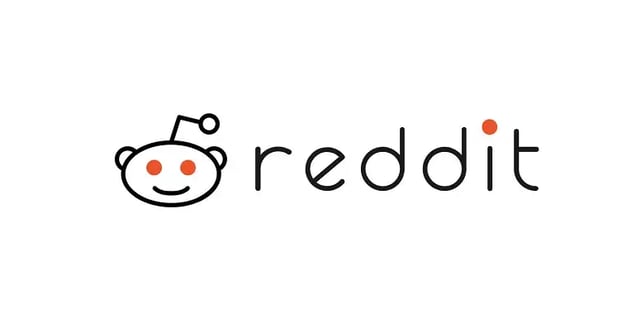
Reddit, the internet’s biggest public forum, created fake accounts and filled the site with their own content. This allowed the team to shape how Reddit would eventually evolve. As the real user base grew, the company’s initial direction remained, which allowed the fake accounts to fade away.
Reddit is now ranked in the top 100 websites in the world on Alexa.
Sketchy or scrappy?
For a marketplace, they needed to make their platform valuable for your early users. Without users, the platform is useless. Ultimately Reddit made the most effective move without hurting anyone.
+1 for scrappy.

PayPal, the online payments pioneer, created a bot that bought goods on eBay and paid using PayPal. After PayPal became the norm for payments, eBay bought them for $1.5 billion.
Sketchy or scrappy?
The company needed to prove its value to eBay and this move did the job. They didn’t hurt any of their users and bent the rules ever so slightly.
+1 for scrappy.
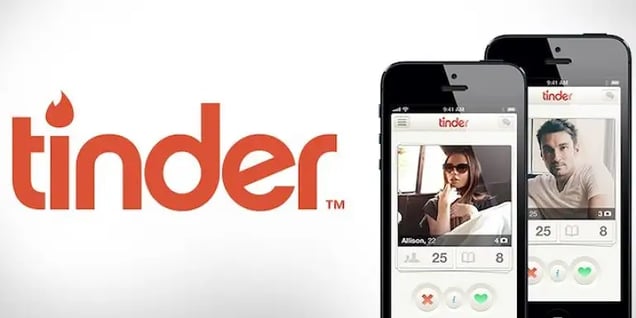
Dating websites like Tinder created fake accounts to increase user demand. This initiated the first thousand users. Less than four years later, Tinder is now valued at $5 billion.
Sketchy or scrappy?
Like Reddit, you need other users for a marketplace to be valuable. With fake profiles, this is dishonest and deceiving for the horny college students who thought they were talking with real live hot people. Although they didn’t technically break any “rules”, I would consider this slightly sketchy just because you’re creating a poor user experience for the sake of growth.
-1 for sketchy.
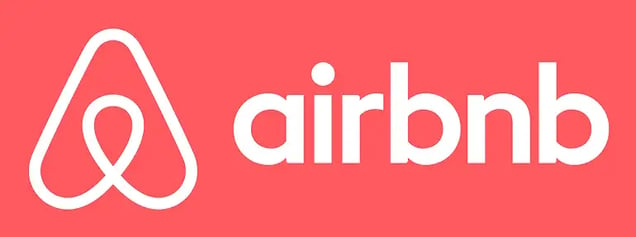
Airbnb, the peer-to-peer room rental service, created a bot that automatically responded to housing posts on a rival site, Craigslist. They stole people from Craigslist and made them users on their own website, leading to a ton of early growth. After this explosive beginning, Airbnb is now valued at roughly $24 billion.
Sketchy or scrappy?
Airbnb stole their competitors’ customers which can be seen as pretty sketchy. However they didn’t hurt anyone or lie to their users. This is a combination of both sketchy and scrappy.
0 for somewhere in the middle.
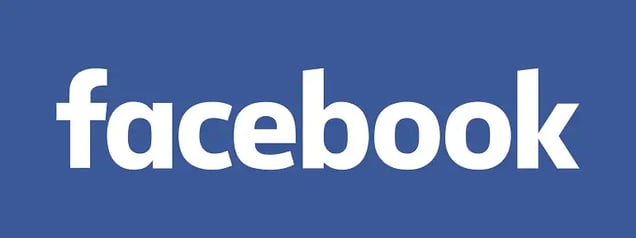
Facebook had access to the e-mail addresses of all the Harvard students and blasted e-mails to them about Facebook. The platform spread to different college campuses and eventually to 1.2 billion users.
Sketchy or scrappy?
While I think Facebook is one of the internet’s most valuable websites, this spam email was totally uncool because they didn’t have permission. No one likes spam emails. No one.
Ask for permission, not forgiveness.
-1 for sketchy.

MySpace, the now-defunct social networking website, spammed a database of around 100 million e-mail addresses announcing their launch.
Sketchy or scrappy?
Similar to Facebook, no one enjoys getting spam emails.
-1 for sketchy.
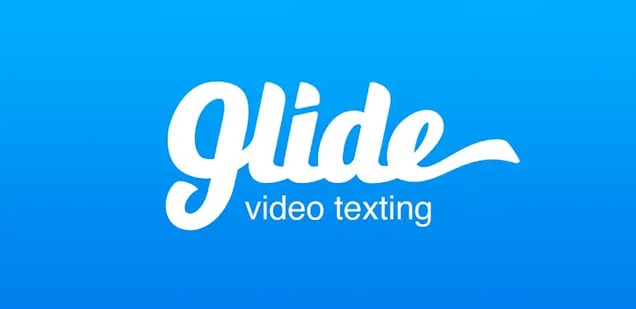
Glide, a live video messaging app, spammed their users’ contacts with text messages to trick people into downloading their app.
Sketchy or scrappy?
This is one of the main reasons why I hate downloading consumer apps. I barely used Glide and they already texted everyone in my contact list without my permission.
-1 for sketchy. Instant delete.
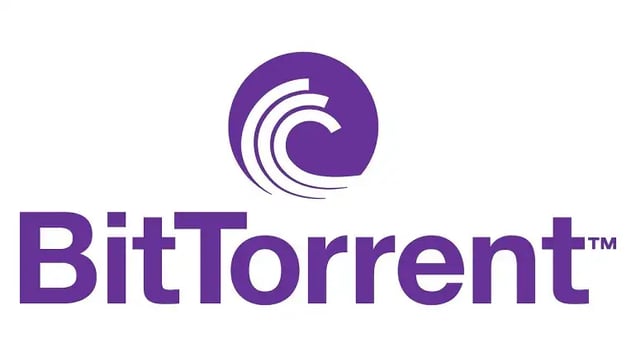
BitTorrent, a file sharing network, launched after “[Bram] Cohen collected a batch of free porn and used it to lure beta testers.”
Sketchy or scrappy?
Naked women seem to attract young men pretty well, but I wouldn’t be proud telling my mom about this.
-1 for sketchy.
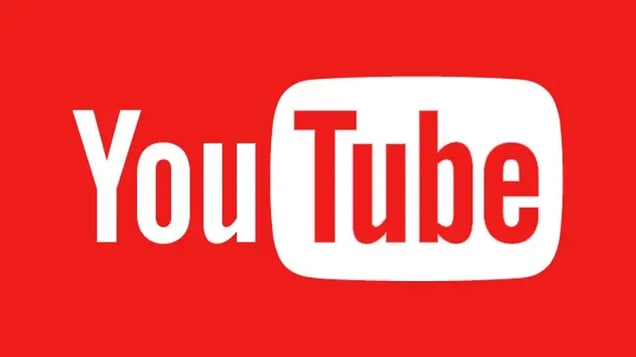
The YouTube founders implemented a feature that allowed viewers to spam friends about a video. YouTube was also notorious for knowingly hosting copyrighted and pirated content.
Sketchy or scrappy?
Spam = sketchy.
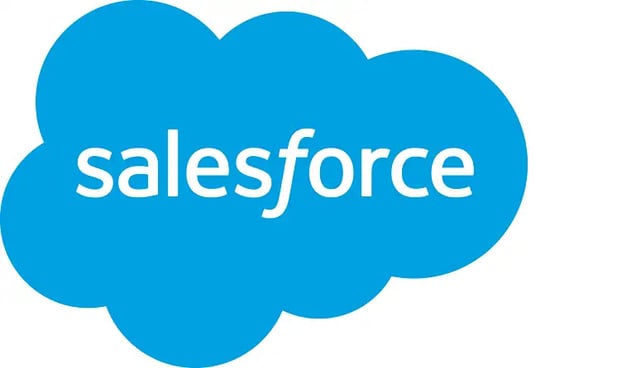
Salesforce, a cloud computing company, hired fake protesters to disrupt their biggest rival’s conference. The founder then commandeered all the taxis at the event to deliver a 45-minute pitch about his own product.
Sketchy or scrappy?
Salesforce didn’t betray anyone’s trust and simultaneously outsmarted the competition. But to do so they went out of their way to sabotage their competitor.
A combination of both sketchy and scrappy.
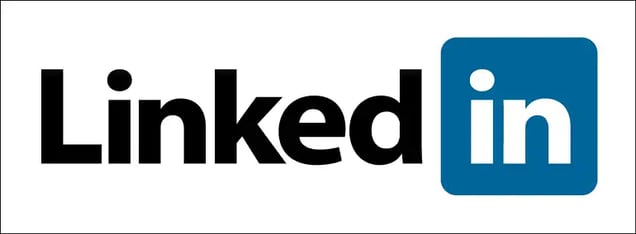
LinkedIn, the professional social network, tricked you to import and invite your contacts to join their platform. Users were not pleased and they even got into a hefty lawsuit over this process.
Despite losing $11 billion of their company value, LinkedIn is the most established professional social network with 400 million users.
Sketchy or scrappy?
This is sketchy to the extreme and even the law agrees. The worst thing my co-workers want is a spam email from me inviting them to join something I barely know anything about.
-1 for sketchy.
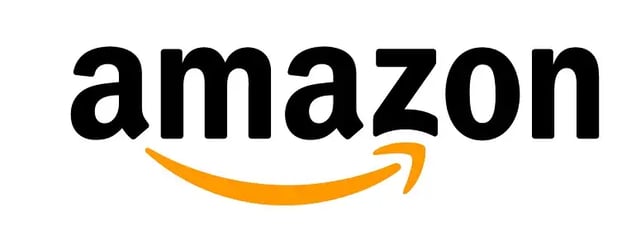
Amazon CEO Jeff Bezos needed a way to buy one book from a wholesaler when they had a 10-book minimum purchase. He found a loophole and purchased the one book the customer ordered and nine books on lichens, something that none of the wholesalers actually carried. The wholesaler would deliver the one book that the customer ordered along with an apology about not being able to fulfill the lichen book order.
Sketchy or Scrappy?
This is one of the most innocent acts of the whole list. Bezos found a way to get what he needed and did it within the law. My mom would probably laugh if I told her that I did this.
+1 for scrappy.
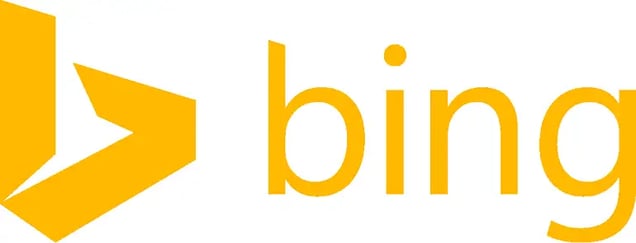
Microsoft’s Bing steals Google search results, claims them as their own, and denies everything.
Sketchy or scrappy?
First Microsoft copied Apple, and now they’re doing the same to Google? Come on. Google has huge teams devoted to search. If you’re going to steal from them and get caught, at least admit it.
Stealing and lying is not cool.
-1 for sketchy.
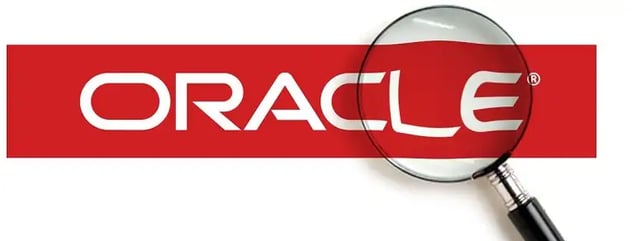
Oracle renamed their first software release “Version 2” because they thought customers were more likely to buy a “polished” product. Oracle is now worth around $200 billion.
Sketchy or scrappy?
Another innocent act. This didn’t harm anyone and although it’s slightly distrustful, it’s not enough to say Oracle was sketchy.
+1 for scrappy.

Zenefits, an online HR software company, used a macro to get their brokers certified in a 52-hour training but thought that was too time-consuming. They had the program run overnight in the background instead. Employees rejoiced.
Sketchy or scrappy?
Those 52 hours could indeed be put to better use. If the training wasn’t more boring than traffic school, maybe the employees would actually pay attention. I don’t blame the team for doing what they did, but this is harmful to the customers who trusted Zenefits with their HR policies.
-1 for sketchy.
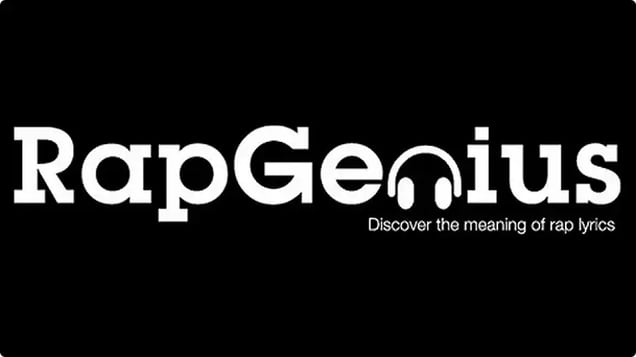
Rap Genius, a crowd-sourced website for lyrics, tried to game the Google search results with questionable SEO tactics. Google webspam head Matt Cutts investigated what Rap Genius was doing and removed them from all search results.
The founders had to beg for forgiveness and Google accepted their apology.
Sketchy or scrappy?
This is embarrassing and well-deserved. Don’t cheat your way with spammy tactics, especially with Google.
-1 for sketchy.
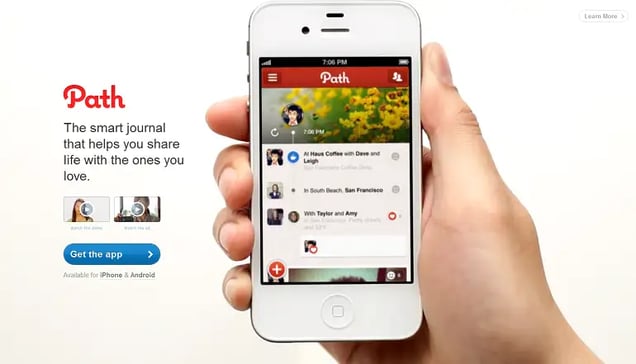
Path, a private messaging app, texted your whole address book at 6 a.m. without your permission.
Sketchy or scrappy?
Texting my address book is sketchy by itself but to do it at 6 in the morning? Instant delete.
-1 for sketchy.
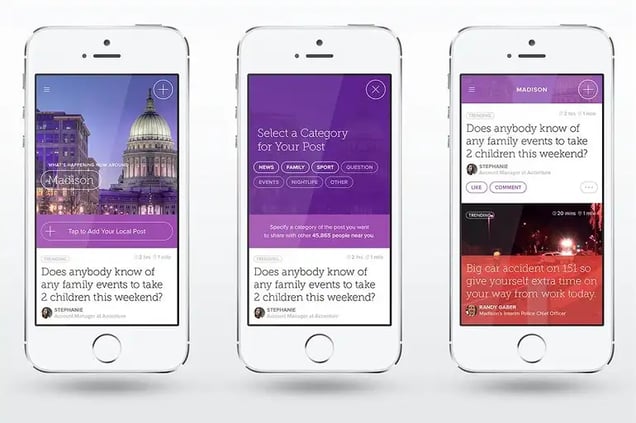
Circle, an app that helps you find local events, also abused SMS invitations.
They purposely made the user experience complicated to trick users to spam their friends. Many users were not happy.
Sketchy or scrappy?
-1 for sketchy.
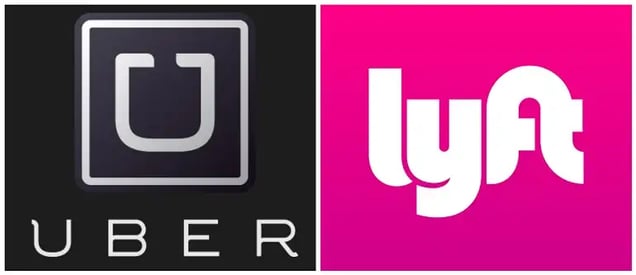
Uber employees ordered and canceled more than 5,000 rides from their rival, Lyft. This decreased Lyft drivers’ availability and jeopardized income that Lyft drivers depended on. The employees who did not cancel got in the Lyft car then purposely drove to Uber headquarters. Lyft drivers began to question their career choice.
Sketchy or scrappy?
Uber would be scrappy but they don’t realize that the Lyft drivers, who have no power in this situation, are the ones mainly affected. It’s harmful and a deceiving way to recruit Lyft drivers to work for Uber.
Mama Pham would not be proud.
-1 for sketchy.
Takeaway
Ethics are subjective. While we don’t encourage you to lie to your users, this is what successful startups did to help with growth. You have to be the judge on if these “hacks” are worth using for your own business.
Just don’t get sued.